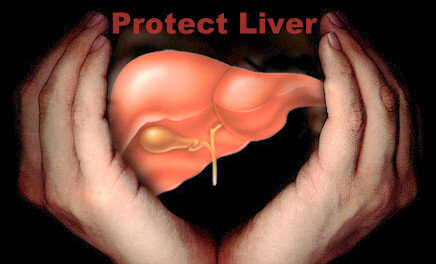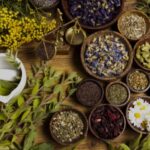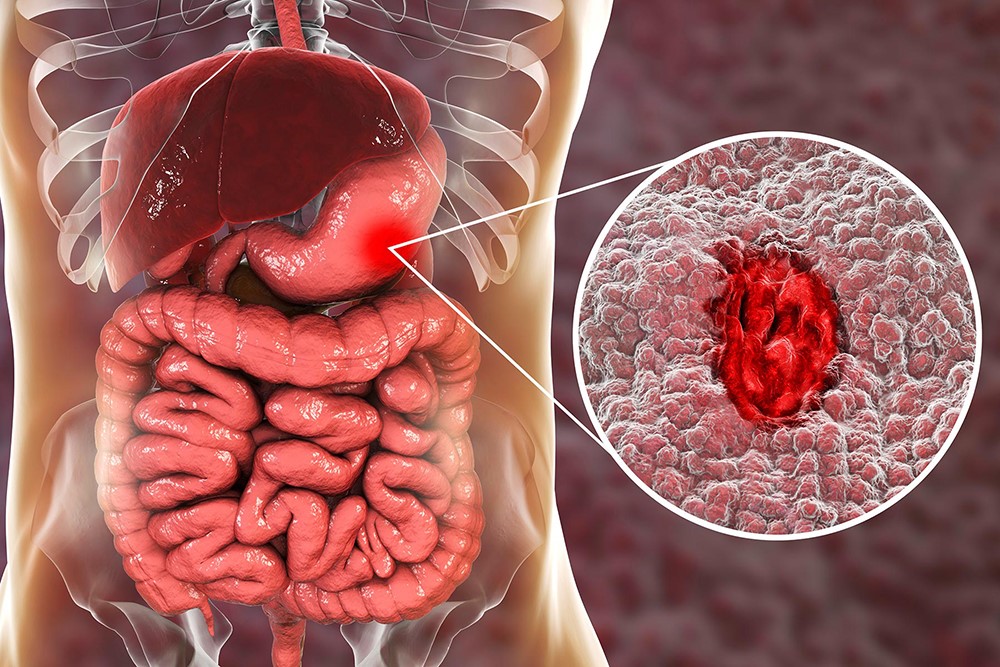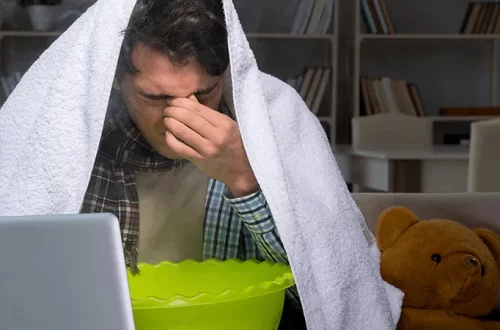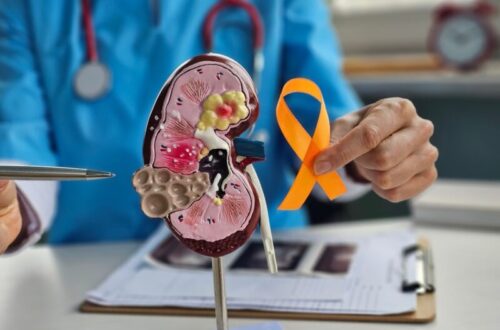This is How To Take Care of your Liver
One of the reasons why you should know how to take care of your liver is because you need to understand that the liver performs thousands of different things; of which, all are quite complicated and also involve complex chemical changes.
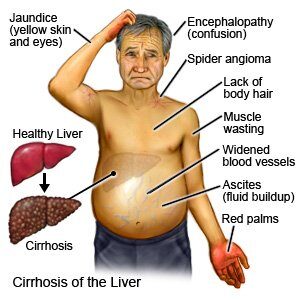
In caring for your liver, there are about six fundamental things that may damage the liver. These things are some of the things that damage the liver if care is not taken. They are:
- Exposing yourself to insecticides, preservatives and certain cumulative poisons where you can breathe them in. There are poisons that damage the liver directly. For example; alcohol, caffeine, oral contraceptives etc. Other poisons that damage the organs which the liver relies on for help (kidney, pancreas etc).
- Overeating: In knowing how to take care of your liver, it is important to know that overeating is one of excellent way to damage the liver. If you eat all you want, you will wear the liver out.
- Consuming and drinking the wrong things. Regarding how to take care of your liver, you need to understand that the following items are the things which the liver does not wish to face. They include: processed foods, imitation foods, potato chips, corn chips, white sugar products, refined white-flour products, junk foods etc.
- A low-protein, high-carbohydrate and fat diet. Saturated or hydrogenated fats make them worse. All types of snacks and fried foods are quite dangerous.
- Taking medicinal drugs especially those from over-the-counter items or those which are prescribed.
- Consuming specialty foods poisons: tobacco, alcohol, theobromine, caffeine, and hard drugs.
See Also: Home Remedies for Hepatitis
Dietary Suggestions on how to take care of your liver
The following are several dietary suggestions regarding how to take care of your liver.
One of the steps to take in caring the liver is to ensure you obtain foods high in potassium. These includes: rice, bananas, blackstrap molasses, almonds, brewer’s yeast, prunes, seeds, wheat bran, kelp and dulse, and raisins.
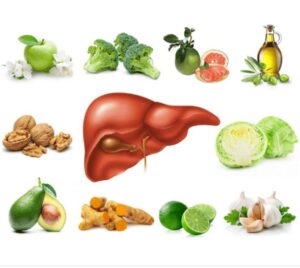
Secondly, drink lots of water and it if it is possible, drink only pure water. This should be done every hour. That is, you should little water every hour.
Ensure you have enough raw foods in your diet.
Also, drink vegetable juices, in particular, beet and carrot. It is important to eat raw nuts and seeds, which must not be stale but fresh.
Furthermore on dietary suggestions regarding how to take care of your liver, it is recommended you use only cold-pressed vegetable oils (wheat germ oil and flaxseed oil, taken raw and not added to your cooking.
It is important to not use any type of oils. For example, butter, shortening, or meat fat and margarine.
In order to help stop the emergence of cirrhosis of the liver, it is important to have vitamin K (140 mcg). Another vitamin that helps protect the liver is vitamin A. It can be taken in the form of carotene in fresh carrot juice and leafy vegetables.
Trace element that helps build resistance to many liver diseases or disorders is zinc (30 mg).
According to natural remedies encyclopedia, lemons and liver are sweethearts. The liver is always delightful to have lemon.

It is noteworthy while knowing how to take care of your liver that Coenzyme Q10 helps the liver with the supply of oxygen while lecithin helps stop the build-up of fats in the liver.
As you take these suppliers, remember to either take them with a glass of water or chew them properly.
Recommended Foods for the liver
The following are some of the plants or herbs and vegetables that help support the health of the liver. They are:
- Prune whip. Consumption of this before breakfast cleanses the liver.
- Licorice: Japanese make use of the active ingredients in licorice which is glycyrrhizin to inhibit cell injury caused by several chemicals.
- Regarding how to take care of your liver, remember that turmeric protects the liver too.
- Another plant or herb that helps the liver is rosemary. Rosemary tea helps stimulate and facilitate the functioning of a sluggish liver.
- Dandelion: This is an excellent food for the liver. I made a detailed post on dandelion, do well to check the vital information it offers.
- Slowly and gradually, beet juice cleanses the liver.
- Celery is another excellent food for the liver.
- The leaves and roots of chicory stimulate the liver while asparagus roots and shoots stimulate kidneys and liver.
- Remember that eating fresh apples stimulates the liver into action.
- Ginger has eight liver-protecting compounds. It is recommended to add ginger to your foods or tea.
- Milk thistle extract help maintain good liver function. However, avoid celandine during pregnancy.
Things to avoid
Just as the title of this post goes, “how to take care of your liver”, knowing things to avoid in order to care for the liver is paramount.
Avoid the following:
- Do not use alcohol, fish, fowl, nicotine, salt, soft drink, meat, sugar foods, tea or fried foods.
- Avoid foods that cause constipation
- Avoid too much intake of vitamin A. For this reason, avoid eating fish more than twice a week. Also avoid cod liver oil.
- Meat is also harmful to the good functioning of the liver
- Stop drinking milk or eating pastries, black or white pepper, fried or fatty foods, white rice, stimulants, cheese, processed or refined foods.
- Do not consume raw or undercooked fish, poultry or fish. This may cause serious infections
- Avoid iron supplements and stop drugs.
- In addition on how to take care of your liver, ensure your kidneys are taken care of. When the kidneys function badly, it results in damage of the liver. Therefore, drink water
- Stop using laxatives that are harsh.
Health Benefits of Blueberries
Anxiety and an Anxiety disorder

A graduate of Computer Science and Information Management Technology. Diploma – Caregiving, Certificates – Dementia and Diabetes Awareness and Management. A researcher, blogger, songwriter, singer and acoustic guitarist. Born in an environment where natural talents such as healing are imparted at our natural birth. This natural talents of healing is the result of our genetic inheritance and the training from family environment.

